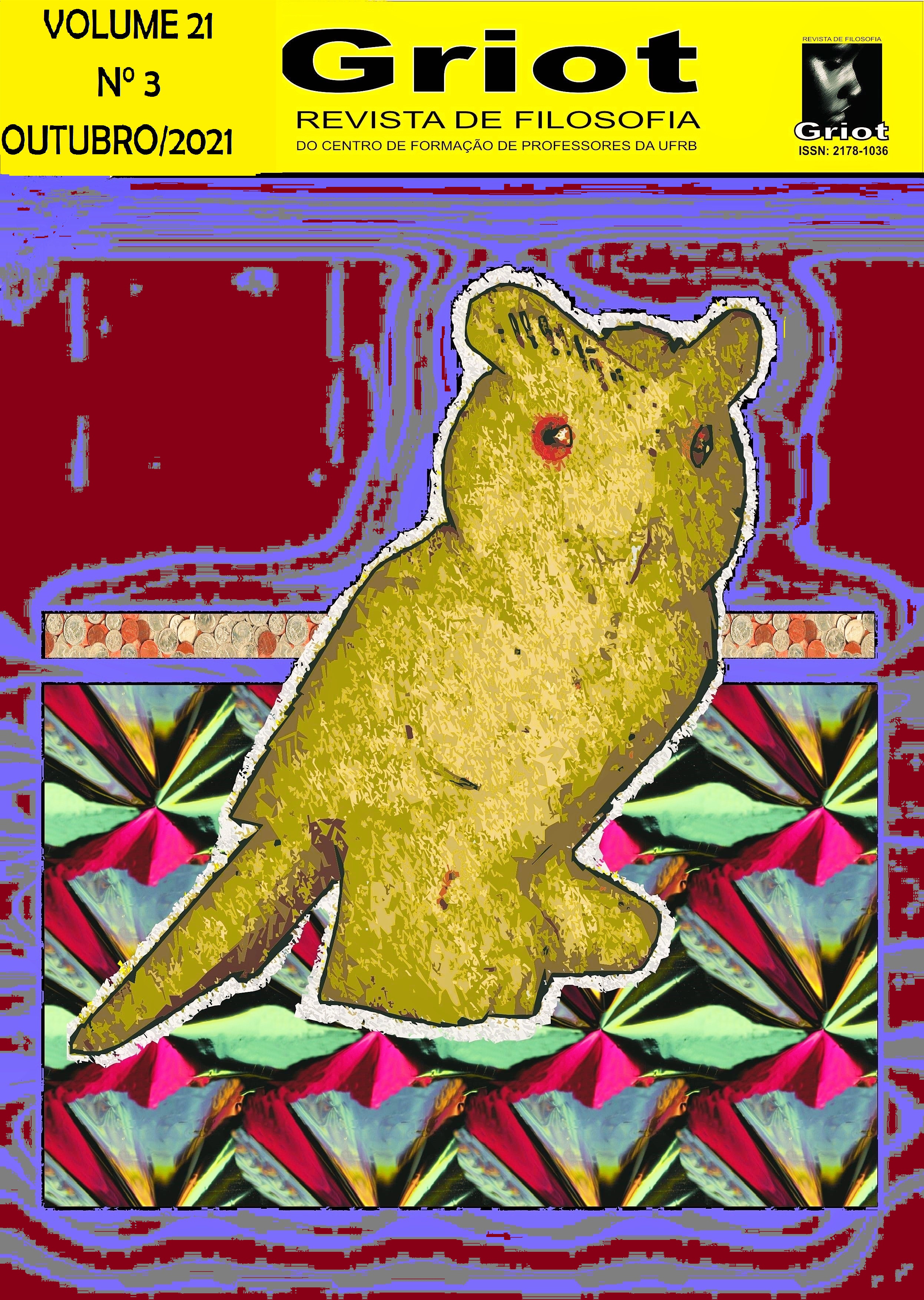Body and soul in unity: the wittgensteinian conception of human being
DOI:
https://doi.org/10.31977/grirfi.v21i3.2405Keywords:
Grammar; Human Being; Psychophysical Unit.Abstract
From a conception of philosophy that breaks with the philosophical tradition, Wittgenstein presents a human being perspective that surpasses the classic dichotomy between body and soul, legacy by Modernity, when thinking of it as an integrated whole, a psychophysical unit. This understanding is possible thanks to the understanding of philosophy as an activity and not as a theory. At first, the philosopher understood that this activity was limited to the logical analysis of language; however, considering the insufficient approach to dissolve philosophical problems, he gradually adopts the grammatical analysis of ordinary language, which turns to the uses of linguistic expressions, in order to identify the rules that guide the use of words with meaning. And so, attentive to linguistic practices, he understands that the human being is not divided into parts, but, on the contrary, that body and soul constitute a single reality. What is internal to the subject (the soul) becomes visible through the external (the body) from its behavior in the world, and this is how the human being can be understood according to Wittgenstein. Considering that the Wittgensteinian conception of human being is an offshoot of his concept of philosophy, the article first presents the development of his understanding of philosophy to then detail the concept of human being that constitutes and is understood through the language itself.
Downloads
References
DESCARTES, René. Meditações. Trad. Enrico Corvisieri. Col. Os Pensadores. São Paulo: Nova Cultural, 1999.
GLOCK, Hans-Johan. Dicionário Wittgenstein. Trad. Helena Martins. Rio de Janeiro: Jorge Zahar, 1998.
HACKER, P. M. S. Wittgenstein: sobre a natureza humana. Trad. João Vergílio Gallenari Cuter. São Paulo: Editora UNESP, 2000.
HUME, David. Investigação acerca do Entendimento Humano. Trad. Anoar Aiex. Col. Os Pensadores. São Paulo: Nova Cultural, 1999.
JOHNSTON, Paul. Wittgenstein and Moral Philosophy. New York: Routledge, 1989.
SKINNER, B. F. Sobre o Behaviorismo. 15 ed. Trad. Maria da Penha Villalobos. São Paulo: Cultrix, 2009.
WITTGENSTEIN, Ludwig. Conferência Sobre Ética. Trad. António Marques. Lisboa: Calouste Gulbenkian, 2017.
WITTGENSTEIN, Ludwig. Cultura e Valor. Trad. Jorge Mendes. Lisboa: Edições 70, 2000.
WITTGENSTEIN, Ludwig. Fichas (Zettel). Trad. Ana Berhan da Costa. Lisboa: Edições 70, 1989.
WITTGENSTEIN, Ludwig. Investigações Filosóficas. Trad. José Carlos Bruni. São Paulo: Nova Cultural, 1999.
WITTGENSTEIN, Ludwig. Observações sobre a Filosofia da Psicologia. Trad. Ricardo Hermann Ploch Machado. Aparecida: Ideias e Letras, 2008.
Downloads
Published
How to Cite
Issue
Section
License
Copyright (c) 2021 Marcelo Ferreira Ribas

This work is licensed under a Creative Commons Attribution 4.0 International License.
The authors who publish in Griot: Revista de Filosofia maintain the copyright and grant the magazine the right of first publication, with the work simultaneously licensed under the Creative Commons Attribution 4.0 International License, allowing sharing and adaptation, even for commercial purposes, with due recognition of authorship and initial publication in this journal. Read more...









































































